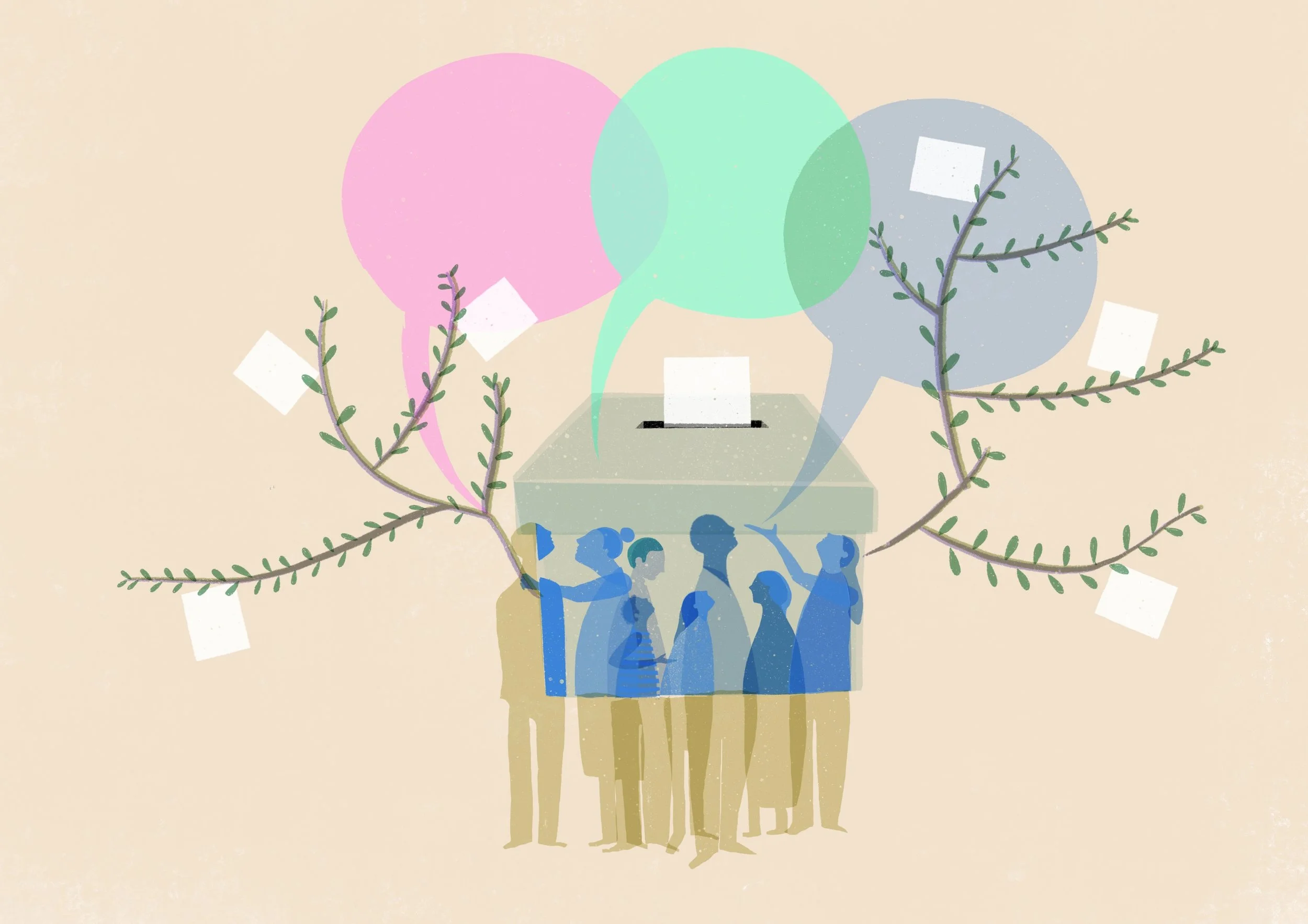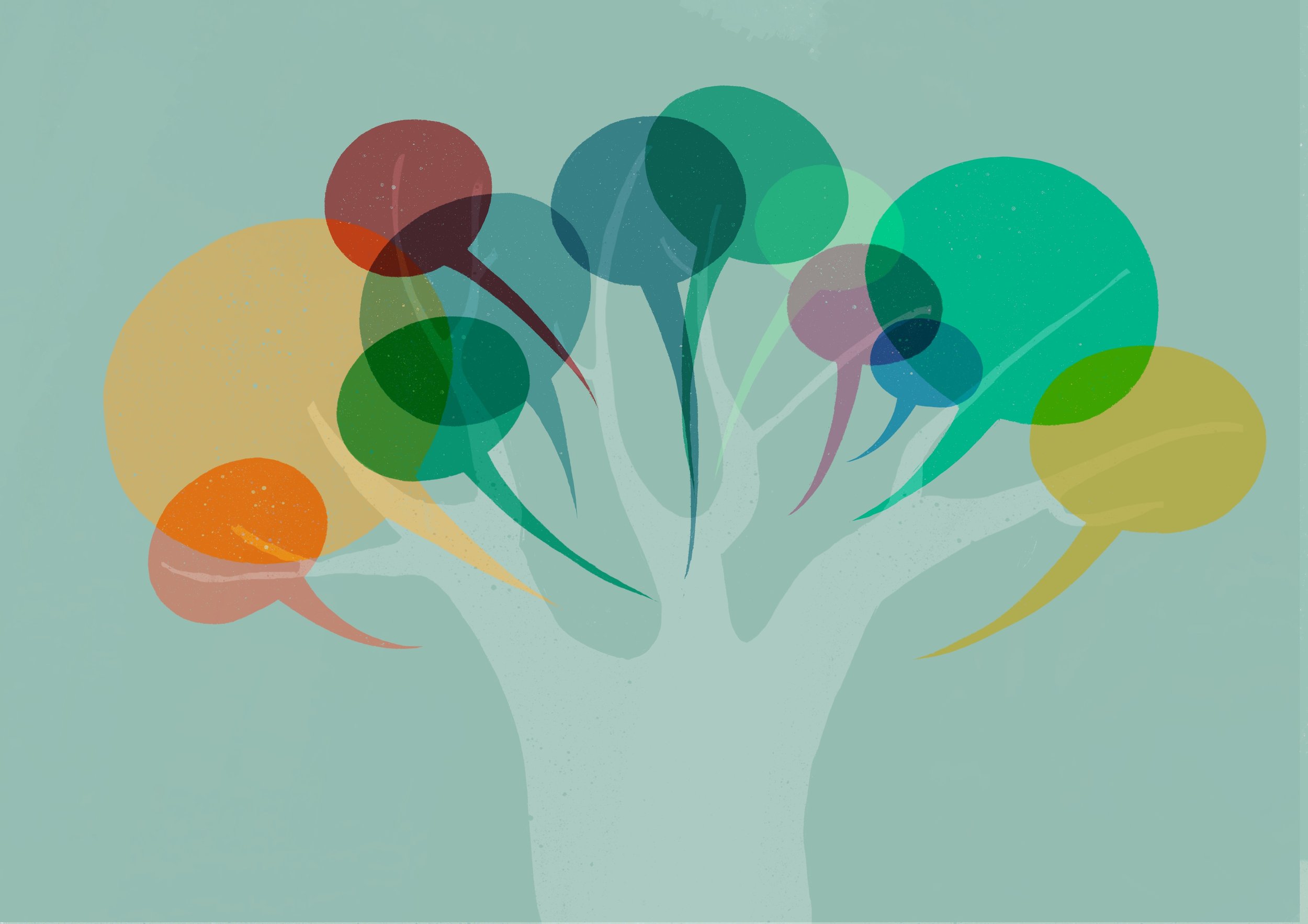Children’s rights and democracy
What is the issue?
Children and young people are routinely excluded from democratic processes. Under-18s represent a third of the world’s population but, unlike adults, most children have no direct say in the rules and laws that govern their lives or in deciding who gets to make them.
Children and young people have a wide range of skills, views, thoughts, and lived experiences that bring value to our society. It is becoming clearer that children’s political engagement, both online and offline, is partly a reaction to the ways their contributions and perspectives may be limited. Restrictions based on children’s perceived lack of capacity are arbitrary. From the urgent threat of climate change to social justice issues, children are demanding to have their say in a wide range of critical current events.
So long as the needs and interests of children are ignored, we cannot fault them for becoming disillusioned with democracy. In the context of global democratic backsliding, this is alarming. Society needs to employ considerably greater imagination to make sure children can participate in and input into democratic processes. The inclusion of under-18s in democratic processes could help to strengthen our democracies at a time when democracy is in crisis.
What is the problem?
No country in the world allows under-16s to vote and only seven countries allow 16-year-olds to vote in local or national elections. Denying the right to vote to groups who might not otherwise be heard, including children, is undemocratic. While there are active grassroots movements advocating for removing a minimum age to vote, children’s right to vote is neglected in the mainstream discourse (as well as among human and children’s rights organisations).
While children’s disenfranchisement remains a reality, there must be other meaningful opportunities for children’s rights, voices and perspectives to be considered and acted upon. Promisingly, a growing number of deliberative democratic processes at local, city, municipal, national and transnational levels - including citizens’ assemblies, juries, panels and participatory budgeting initiatives - are involving children. These are important mechanisms for ensuring that children are consulted in the significant decisions being made today, but more work is needed to position children as central voices in the decisions to come. We need to build purposeful connections between the children’s rights and deliberative democracy sectors.
What is the solution?
Governments should recognise that children’s human rights do not just relate to protection, welfare and education - children have civil and political rights, too, enshrined in international law. Children’s safe and meaningful participation and representation in democratic processes must be championed - by civil society and government representatives alike.
Individuals should be allowed to vote as and when they choose to do so, and be able to register for voting regardless of age. This method would eliminate the use of arbitrary age restrictions which ignore the wide range of skills and competencies possessed by children of different ages, as well as their valuable life experiences.
Giving under-18s the right to vote is only one part of necessary democratic reform, however. Many countries have seen significant developments in participatory / deliberative democratic innovations that enable citizens to contribute to decision-making in a way that has a genuine impact. Some of these processes have included children - such as citizens’ assemblies and participatory budgeting. There is a rapidly increasing interest in involving children and creating more intergenerational decision-making processes on a range of pressing topics. This momentum must be capitalised on, with more citizens’ assemblies worldwide including children in their deliberations and recommendation-forming.
What is CRIN doing?
Children’s rights and deliberative democracy
Read more about this here.
Related areas of focus
Children’s access to environmental justice
Read more on this issue here.
Environment
Read more on this issue here.
Children’s civil and political rights
Read more on this issue here.
Resources:
Webinar: Children and youth participation in climate assemblies - takeaways and resources
Practical guide: The Knowledge Network on Climate Assemblies’ Guide on Children and Young People's Participation in Climate Assemblies
Manifesto: Children’s right to vote
Research: Countries where under-18s can vote
Article: Silent citizens - reflections on children’s civil and political rights






